Retinol vs. Vitamin A

Image: Nil Taskin Digital Art
Retinol and vitamin A are related compounds that are often used in skincare and have similar benefits for the skin, but there are some key differences between them:
Chemical Form: Retinol is a derivative of vitamin A. When applied to the skin, retinol is converted into retinoic acid, the active form of vitamin A. This conversion process makes retinol milder and less potent than prescription-strength retinoids like tretinoin (Retin-A).
Effectiveness: Prescription-strength retinoids, including tretinoin, are generally more potent and can produce faster and more dramatic results than over-the-counter retinol. However, retinol is still effective for addressing various skincare concerns, including wrinkles, acne, and hyperpigmentation.
Availability: Retinol is available in over-the-counter skincare products and is accessible to most consumers without a prescription. Prescription-strength retinoids require a prescription from a healthcare provider.
Irritation: Retinol is typically milder and may cause less irritation than prescription-strength retinoids. However, it can still lead to side effects such as dryness, redness, and peeling, especially when first introduced into a skincare routine.
Safety: Vitamin A, when ingested in excessive amounts, can be toxic. This is not a concern when using retinol topically, as the skin absorbs it in small amounts. Nevertheless, it’s important to follow product instructions and not overuse retinol to avoid potential side effects.
Formulations: Vitamin A in skincare can come in various forms, including retinol, retinyl palmitate, and retinaldehyde. Each has its own potency and characteristics, with retinol being one of the most commonly used in skincare products.
Suitability: Retinol is suitable for a wide range of skin types and concerns. It can be a good option for those looking to address signs of aging, acne, or uneven skin tone. However, individuals with sensitive skin should use it with caution and may need to start with lower concentrations.
In summary, retinol and vitamin A are related compounds used in skincare for their anti-aging and skin-improving properties. While retinol is a milder form of vitamin A and is available over the counter, prescription-strength retinoids are more potent but require a prescription. The choice between them depends on your specific skincare needs and skin type, and consulting a dermatologist can help you determine the most appropriate option for your goals.
Retinol vs. Vitamin A
Retinol is a derivative of vitamin A used in skincare. It’s milder and available over-the-counter. Vitamin A is the parent compound and can be toxic in excessive amounts. In skincare, retinol is a safer choice for most people.


